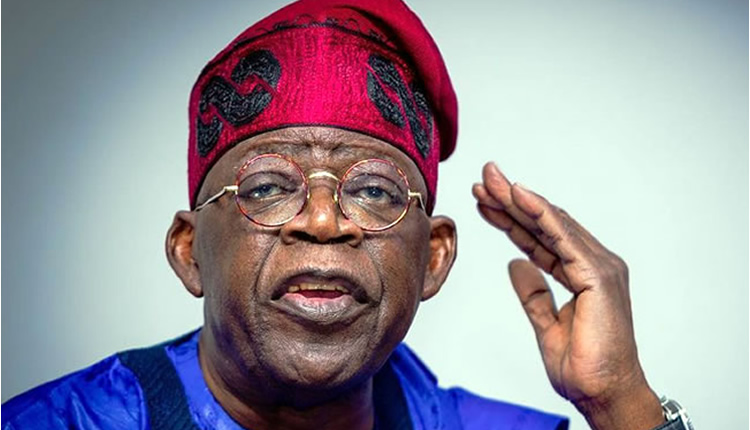President Bola Tinubu on Monday swore in three new ministers during the second Federal Executive Council holding at the Council Chambers of the Presidential Villa, Abuja.
The new cabinet members are Malam Balarabe Lawal from Kaduna State as Minister of Environment, Jamila Bio-Ibrahim from Kwara, Minister of Youths and Ayodele Olawande from Ondo, Minister of State for Youths.
The ministers were the three nominated by Tinubu to take charge of the newly created ministry of Youths and a replacement for former Kaduna State Governor, Malam Nasir el-Rufai.
The Ministry of Youth was formerly with the Ministry of Youths and Sports Development.
El-Rufai was rejected during the Senate ministerial screening process when a member brought up a petition against him.
Tinubu, who is chairing the FEC meeting, administered their oath of office and allegiance and took photographs with the new cabinet members.
The council also observed a minute silence for a former member of cabinet, the late Mobolaji Ajose-Adeogun, former minister of the Federal Capital Territory.
Ajose-Adeogun, who died on July 1 at the age of 96, was appointed the FCT Minister in 1976 by the Murtala Mohammed military administration and served in the position until 1979.
The inaugural meeting was held in August were new ministers attended to take their first brief from the executive arm on their roles and responsibilities in the Renewed Hope Agenda.
The FEC is a constitutional institution where government policies are discussed and endorsed by Ministers, with the President serving as the Chairman and the Vice President as the Vice Chairman.
At the Aug. 29 FEC meeting, Tinubu unveiled eight-point agenda to revive the country’s ailing economy.
He had said that the eight-point agenda was based on eight priority areas, with identified targets that would be delivered in the next three years.
These are food security; ending poverty, economic growth and job creation, access to capital, particularly consumer credit, inclusivity in all its dimensions, particularly as regards youths and women, improving security, improving the playing field on which people and particularly companies operate, rule of law, and of course, fighting corruption.
(NAN)


